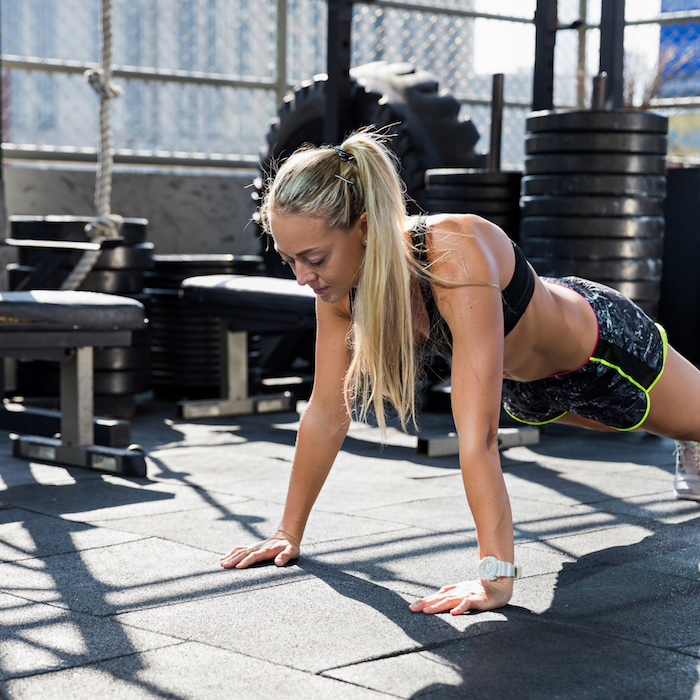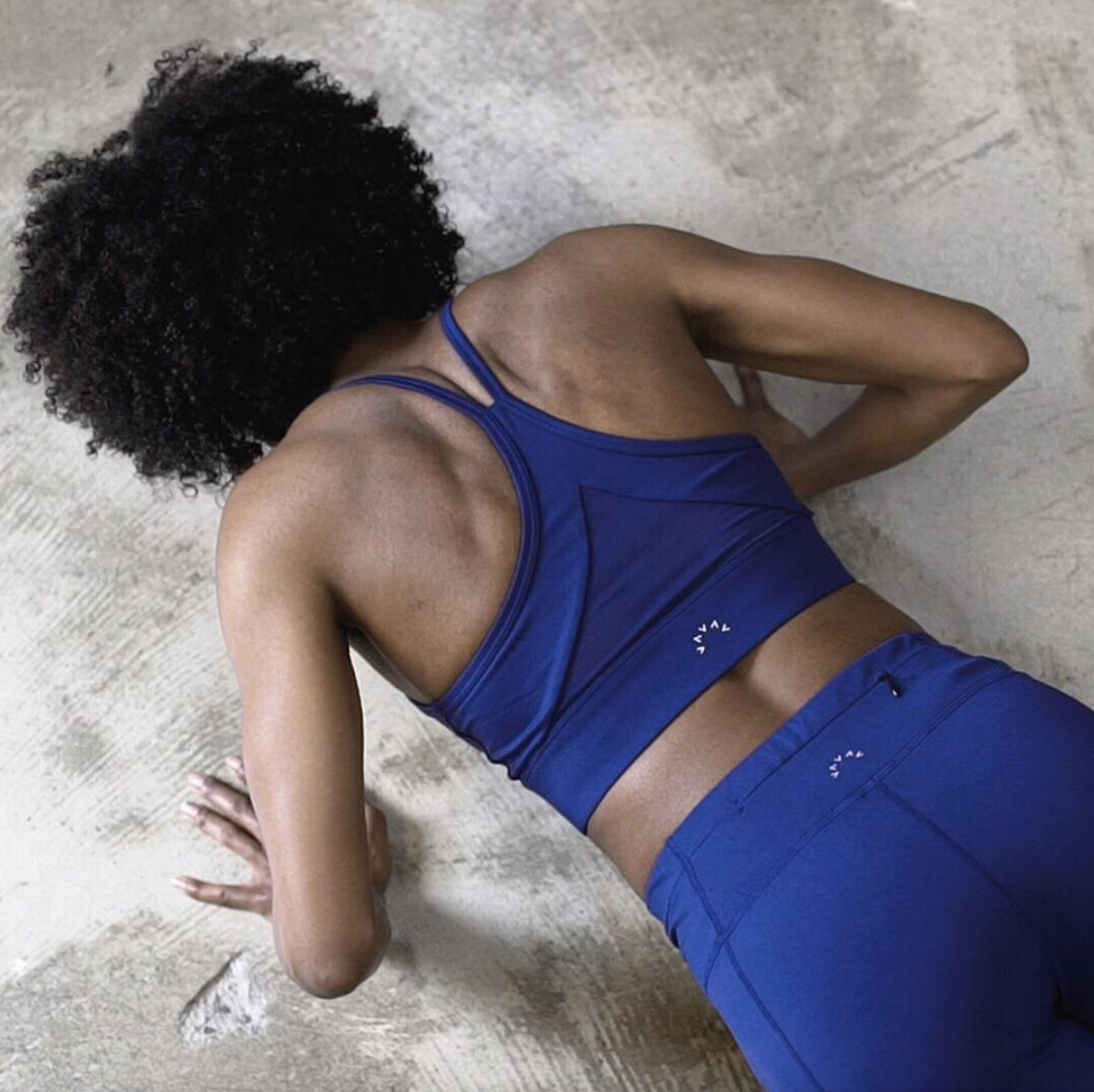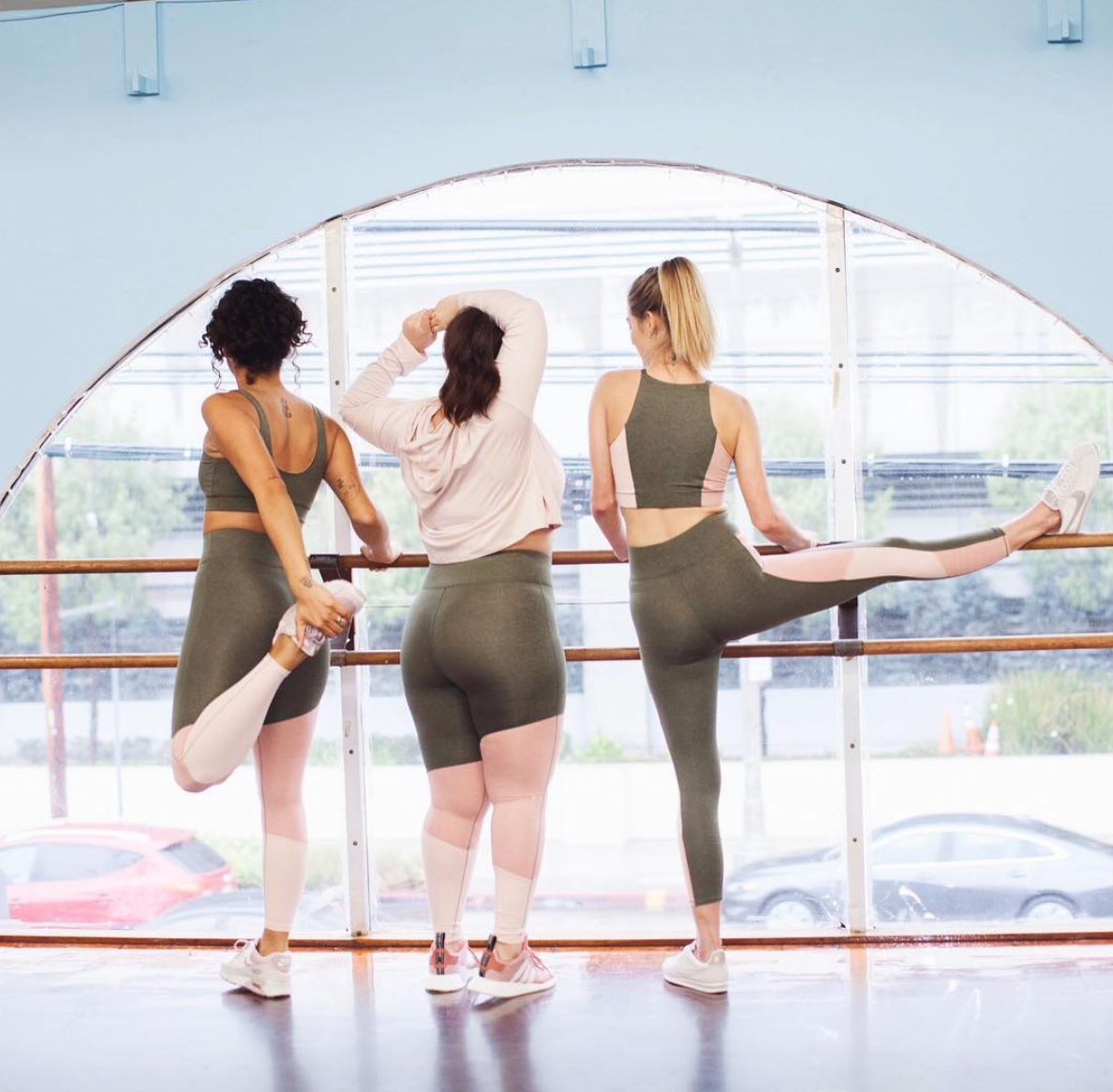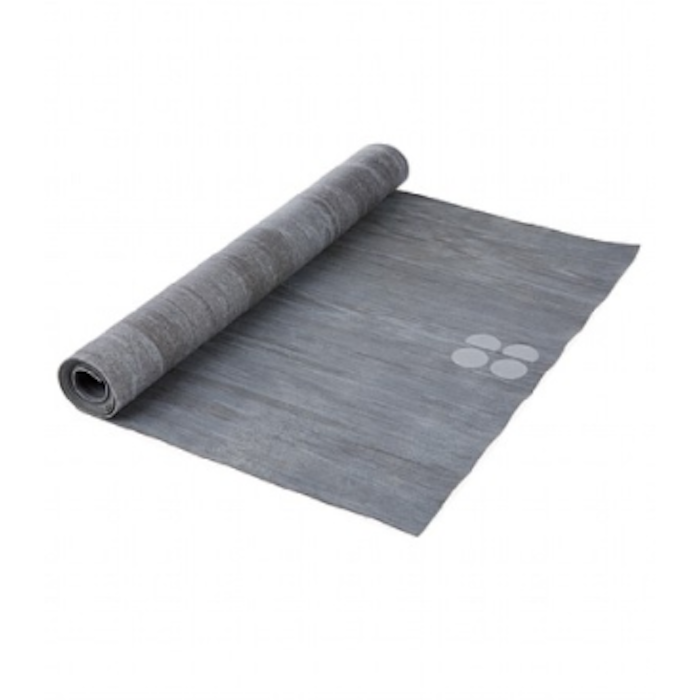A Sports Scientist Says We've Been Planking Wrong This Entire Time—Here's Why


No matter where you're doing them—TRX class, yoga, Pilates, or on your own—planks are hard. They should be, considering they engage major muscle groups all over the body, including in the core, arms, shoulder, and legs. Hold planks often enough and these muscles will become strengthened and toned, which makes planks (no matter how dreadful they may seem while you're doing them) an effective total-body workout move.
If you're like us, incorporating planks into our fitness routine means you hunker down on the floor, push up, engage your abs, and try to hold yourself elevated above the ground for as long as humanly possible, despite the slow-burning spread of fatigue through your muscles. From there, we try to hold our planks longer and longer, workout by workout, until we can go for minutes without lowering down to the sweet relief of the floor. Little did we know, though, that wasn't right—at least according to one sports scientist.

Stuart McGill, emeritus professor of spine biometrics at the University of Waterloo in Canada, recently told the Telegraph UK that many people (ourselves included) don't hold planks correctly. According to him, holding planks for extended periods of time, and thus building upon that time, isn't the most effective way to strengthen and tone muscles. "There's no utility to this kind of activity other than claiming a record," he says. Instead, he recommends holding planks for shorter periods of time, more often. This means we shouldn't be holding a single plank.
We should actually be holding three planks throughout a workout for no more than 10 seconds each. Yes, really. He says 10 seconds is all it takes. "Basically holding repeated holds of 10 seconds is best for the average person," he says. "My conclusions come from many studies that we have performed, not just a single one."
There you have it. Try holding three rounds of planks for 10 seconds each day, after other cardio and weight-training exercises. All you need is yourself and maybe a yoga mat. We like this one from Sweaty Betty, which is thin, lightweight, and easy for packing with you for travel.
The only thing McGill cautions against is intense stretching and exercising right after you wake up in the morning since that's when your spine is the most vulnerable to stress and fracture. "Your discs are hydrophilic, which means they love water, they suck up fluids, so when you go to bed at night you're actually shorter than when you wake up in the morning. And it's harder to put your socks on in the morning, as your spinal discs are much more inflated, they don't like to bend, and actually, it has three times the stress."
So for all of you early-bird workout enthusiasts, make sure you wait a bit after jumping out of bed to hit your yoga or Pilates class. "When we stress real spines, they fracture much more than later on in the day. We would really advise against anyone getting up in the morning and doing bending exercises, pulling their knees to their chest, doing sit-ups, and those kinds of things," McGill says. "They would be much wiser just to wait an hour, go for a walk, and let gravity squeeze out some of the water."

Disclaimer
This article is provided for informational purposes only and is not intended to be used in the place of advice of your physician or other medical professionals. You should always consult with your doctor or healthcare provider first with any health-related questions.

Kaitlyn McLintock is a Beauty Editor at Who What Wear. She has 10 years of experience in the editorial industry, having previously written for other industry-leading publications, like Byrdie, InStyle, The Zoe Report, Bustle, and others. She covers all things beauty and wellness-related, but she has a special passion for creating skincare content (whether that's writing about an innovative in-office treatment, researching the benefits of a certain ingredient, or testing the latest and greatest at-home skin device). Having lived in Los Angeles, California, and Austin, Texas, she has since relocated back to her home state, Michigan. When she's not writing, researching, or testing beauty products, she's working through an ever-growing book collection or swimming in the Great Lakes.
-
 Ava Phillippe on Her "Fantasy" Brunette Era and the $12 Lip Stain She Bought After Billie Eilish
Ava Phillippe on Her "Fantasy" Brunette Era and the $12 Lip Stain She Bought After Billie EilishRead our Unfiltered chat.
By Jamie Schneider
-
 I'm an NYC-Based Shopping Editor, and I Always Shop My Favorite Emerging Brands at This One Cool Retailer—See My Picks
I'm an NYC-Based Shopping Editor, and I Always Shop My Favorite Emerging Brands at This One Cool Retailer—See My Picks"It's pronounced essence."
By Audry Hiaoui
